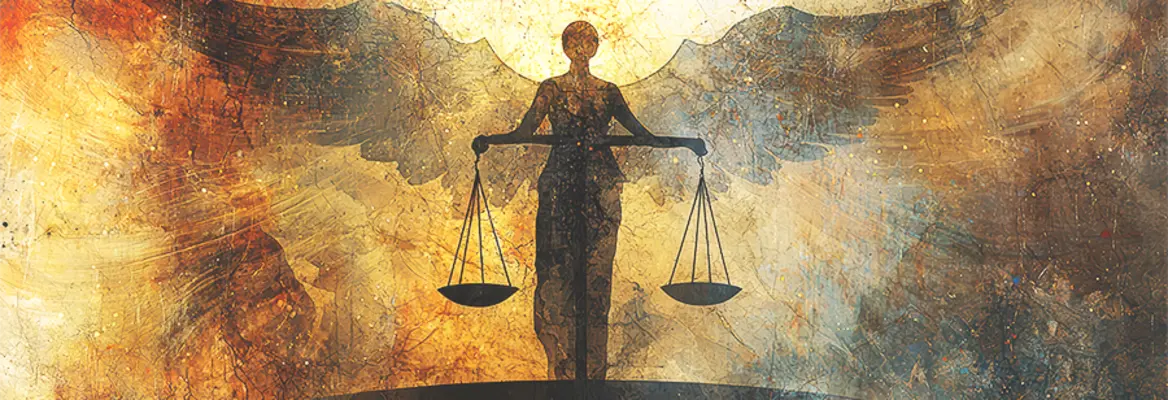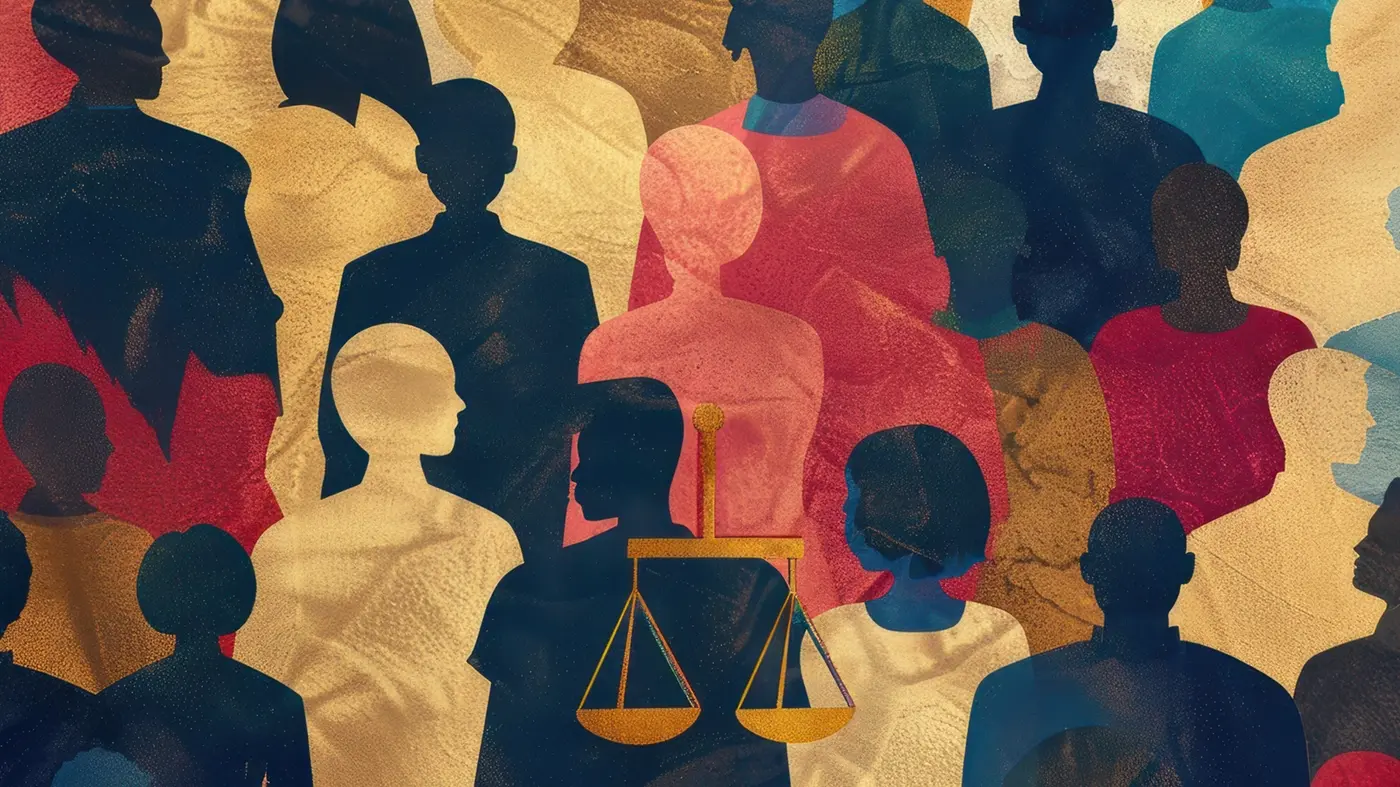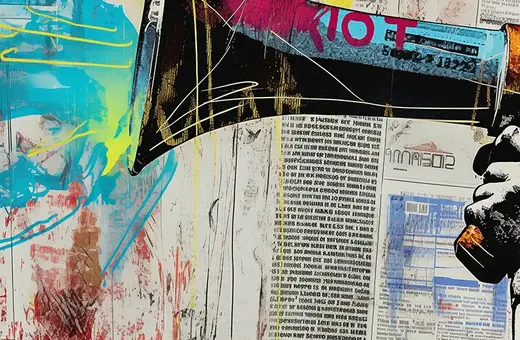We think morality must be necessarily universal and apply to everyone equally. But, following his debate with Alain de Botton at the HowTheLightGetsIn festival, philosopher Tommy J. Curry argues that universal moral concepts like democracy, equality, and liberty conceal deep-rooted racial and political hierarchies. Far from protecting the dignity of all, these ideals often reinforce the dominance of kinship groups, marginalize outsiders, and rationalize violence in the name of progress.
I. Philosophers and the illusion of the universal good
It is often the prerogative of philosophers to claim that they possess somewhat magical, if not prophetic, insight into the primordial order of the world. The academic philosopher, drawing from the mythos of a time more ancient, refined by analytic specters such as reason, proclaims to the world that they understand the “good” and are duty-bound to advance the world toward it. I find any discussion of the failure of morality to prevent the advent of grave harm towards individuals from groups thought to be alien, or strangers to dominant racial or ethnic groups within nations, to be tedious and fraught with revisionism. This brief reflection aims to articulate the suggestion that the supposed universality of morality conceals racialized and political hierarchies that privilege neighbors over strangers.
Since their beginning, the humanist sciences have focused on the concept of “the good” and the behavior of (white) human beings regarding good and evil. Kant wrote in The Critique of Practical Reason: “Morality is not really the doctrine of how to make ourselves happy but of how we are to be worthy of happiness.” Kwame Anthony Appiah, in The Honor Code: How Moral Revolutions Happen, noted: “Morality, on the other hand, as Immanuel Kant insisted, is ultimately practical: though it matters morally what we think and feel, morality is, at its heart, about what we do.” This reading of Kant, however, misses what I believe he refers to in his real-world study of human beings.
II. Anthropology, race, and the limits of universal morality
In his Anthropology from a Pragmatic Point of View, Kant says that: “A doctrine of knowledge of the human being, systematically formulated (anthropology), can exist either in a physiological or in a pragmatic point of view.” One can understand human beings physiologically—primarily composed of bone and flesh—or pragmatically—which requires “the investigation of what he as a free-acting being makes of himself, or can and should make of himself.” Understanding human beings as they are while participating in the world, or in the role of citizens of the world, is vastly different than the theoretical knowledge that insists upon imagining a rationally formalized relationship that melds the analytic presentation of moral goods to reasons presumed ability to enact these moral goods by individuals and societies. This presumption has been the basis of the philosopher’s endeavor to lay claim to morality as a universal endeavor.
___
In reality, those who do not know or act according to the “good,” or follow the behaviors of those who do, face punishment.
___






















Join the conversation